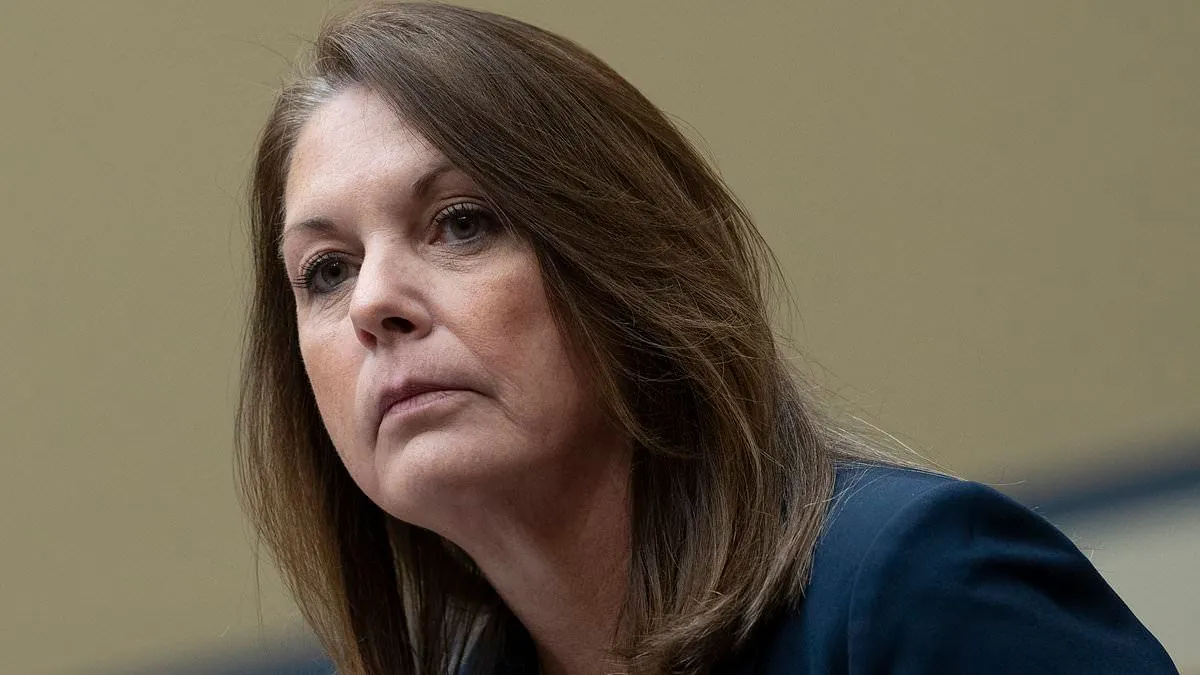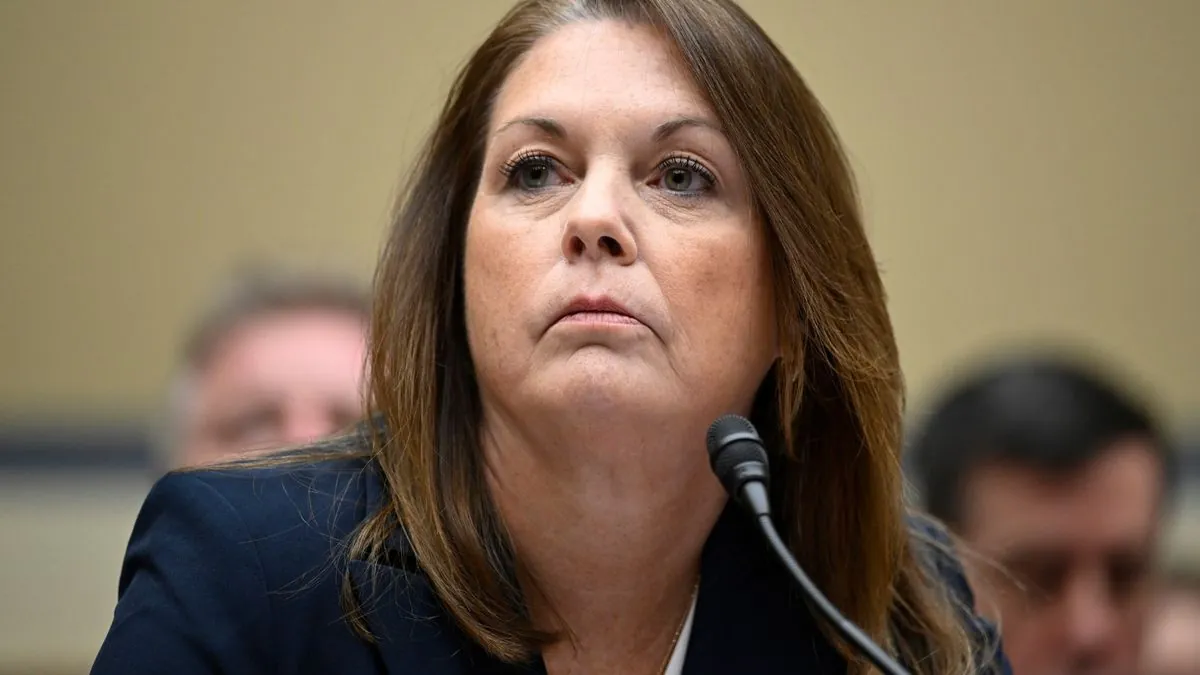U.S. Secret Service Director Resigns After Trump Rally Shooting
Kimberly Cheatle steps down as U.S. Secret Service Director following a security breach at a Trump rally. Multiple investigations launched into the incident that left the former president wounded.

Kimberly Cheatle, the Director of the U.S. Secret Service, has resigned following a security breach that resulted in an attack on former President Donald Trump during a campaign rally. The incident, which occurred on July 13, 2024, in Butler, Pennsylvania, has sparked multiple investigations and raised concerns about the agency's ability to protect high-profile individuals.
The White House announced Cheatle's resignation on July 23, 2024, amid growing scrutiny of the Secret Service's failure to prevent the attack. President Joe Biden stated that an independent review of the incident is ongoing, emphasizing the need to prevent similar occurrences in the future.

Deputy Director Ronald Rowe, a 24-year veteran of the agency, will serve as acting director. The Secret Service, established in 1865 to combat currency counterfeiting, has faced criticism from both Republican and Democratic lawmakers regarding its performance during the rally.
The incident involved a 20-year-old gunman, identified as Thomas Crooks, who fired at Trump from a rooftop approximately 140 meters from the stage. The former president sustained a minor injury to his right ear, while one rallygoer was fatally wounded. Secret Service agents neutralized the assailant.
"While Director Cheatle's resignation is a step toward accountability, we need a full review of how these security failures happened so that we can prevent them going forward."
Cheatle, who has led the agency since 2022, acknowledged the gravity of the situation, describing it as the most significant failure since the 1981 assassination attempt on President Ronald Reagan. The Secret Service, which employs around 7,000 people and has an annual budget of approximately $2.4 billion, is now facing investigations from multiple congressional committees and the Department of Homeland Security's internal watchdog.
Critics have focused on the decision to exclude the industrial building's roof, where the gunman was positioned, from the event's security perimeter. This oversight has led to the formation of a bipartisan task force to investigate the shooting and review security protocols.
The Secret Service, known for its dual missions of protection and criminal investigations, has faced previous scandals that have impacted its reputation. In 2012, ten agents were dismissed following revelations of misconduct during a presidential trip to Colombia. More recently, the agency was accused of erasing text messages related to the January 6, 2021, Capitol riot.
As investigations continue, the incident serves as a reminder of the ongoing challenges in protecting public figures and the need for constant vigilance in security measures. The Secret Service, which has protected more than 40 foreign heads of state during U.N. General Assembly sessions, must now work to restore public confidence in its ability to fulfill its critical mission.


































